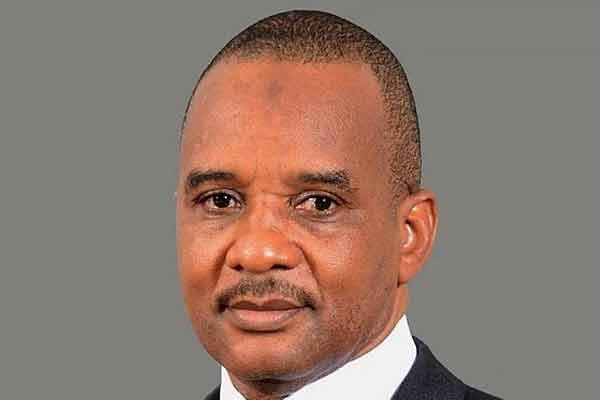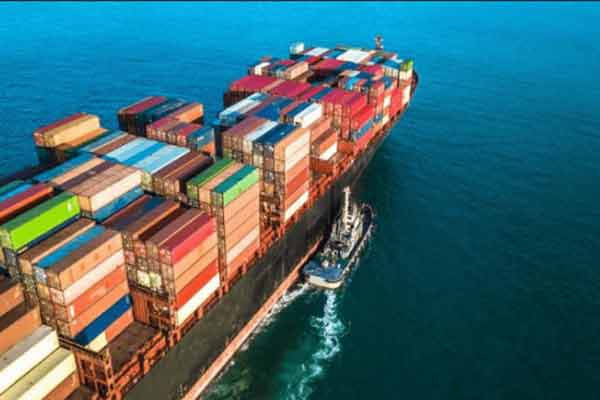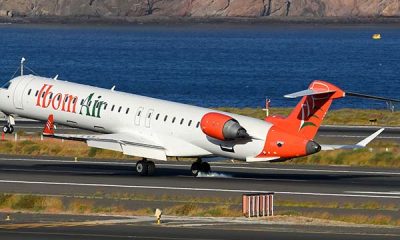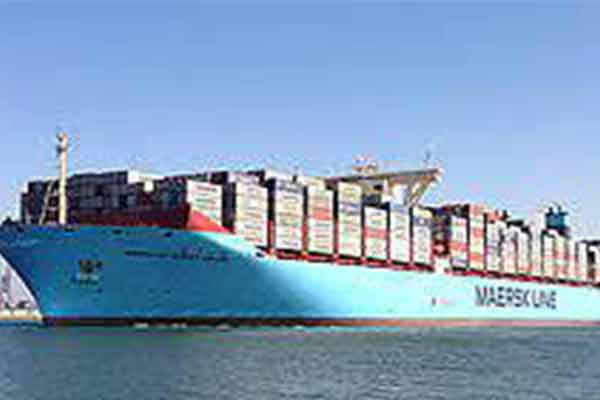The launch of Nigeria’s new maritime security strategy known as “Deep Blue Project” will reduce international costs of shipping to Nigeria, with initial estimated savings of about $156 million.
High cases of piracy, kidnapping and heightened insecurity in Nigerian waters and Gulf of Guinea had made offshore underwriting firms to insist on very high premium to be paid by those conveying cargoes to Nigeria, similar to those ships bound for war zones.
Independent industry report by a non-profit, Oceans Beyond Piracy, indicated that total cost of additional war risk area premiums incurred by Nigeria bound ships transiting the Gulf was $55.5 million in 2020 alone, and 35 per cent of ships transiting the area also carried additional kidnap and ransom insurance totaling $100.7 million.

War risk insurance is a type of insurance, which covers damage due to acts of war, including invasion, insurrection, rebellion and hijacking. Some policies also cover damage due to weapons of mass destruction. It is most commonly used in the shipping and aviation industries.
It generally has two components: war risk liability, which covers people and items inside the craft and is calculated based on the indemnity amount; and war risk hull, which covers the craft itself and is calculated based on the value of the craft.
The premium varies based on the expected stability of the countries to which the vessel will travel, the war risk phenomenon, which was only known to countries with high rate of piracy such as Somalia, also found its way into Nigeria following massive involvement of youths in the Niger Delta in militant activities.
Prior to the launch of the “Deep Blue Project”, insecurity had gotten so bad in the region to the extent that global insurance firm, Beazley, now offers “Gulf of Guinea Piracy Plus,” a bespoke insurance plan for maritime crew travelling through the area.
The plan provides compensation for illegal vessel seizures and crew kidnappings even in the absence of ransom demands. It tracks insured vessels on a 24-hour basis, but because the risks are so high, it limits claims to $25 million. Premiums for this type of coverage are decided on a case-by-case basis because the risks are so great.
But since the deployment of the Integrated National Security and Waterways Protection Infrastructure popularly known as the “Deep Blue Project” in February 2021 by the Nigeria Maritime Administration and Safety Agency (NIMASA), there has been decline in crime rates on Nigerian waters.

Director General, Nigerian Maritime Administration and Safety agency (NIMASA), Dr Bashir Jamoh has expressed worry over the persisting war risk insurance on Nigerian bound cargoes, calling for its removal.
According to him, piracy in the Nigerian waters is waning and stakeholders in the industry are worried that offshore underwriting firms still insist on very high premium to be paid by those conveying cargoes to Nigeria.
Speaking during the recent official flag-off of the deep blue project in Lagos by President Muhammadu Buhari, Bashir said: “Since the deployment of the deep blue project assets in February, there had been a steady decline in piracy attacks in the Nigerian waters on a monthly basis.”
”We therefore invite the international shipping community to rethink the issue of war risk insurance on cargo bound for our ports. Nigeria has demonstrated enough commitment towards tackling maritime insecurity to avert such premium burden,” Jamoh said.

 News1 week ago
News1 week ago
 News1 week ago
News1 week ago
 News5 days ago
News5 days ago
 News1 week ago
News1 week ago
 News1 week ago
News1 week ago
 News3 days ago
News3 days ago
 News1 week ago
News1 week ago
 News1 week ago
News1 week ago


